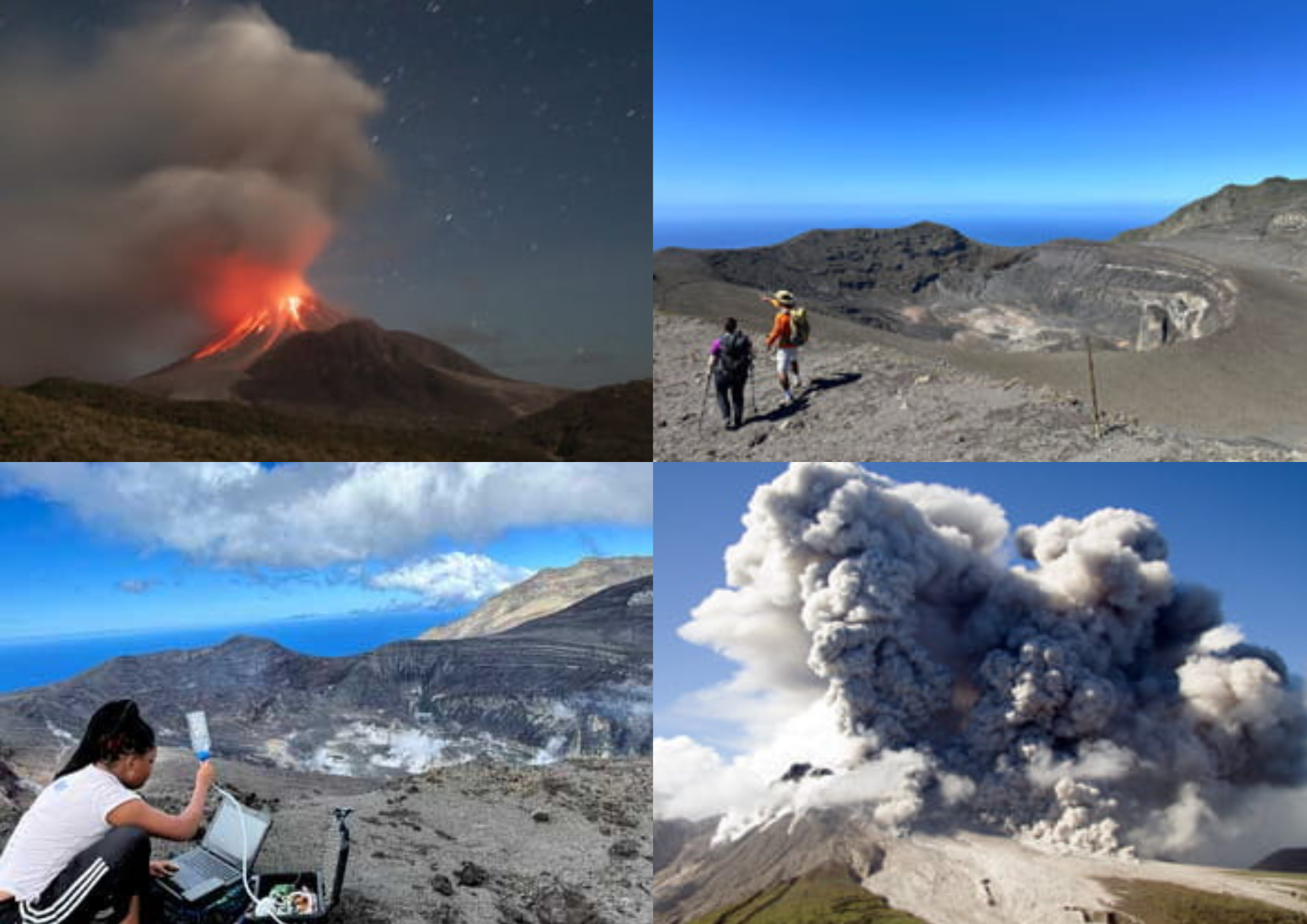By Jade Bruce, Third Year, Cellular and Molecular Medicine
Newly licensed vaccines give reason for renewed optimism but, for the sake of the global economy and public health, distribution must be fair and equitable. An editorial co-authored by Professor Sir Jeremy Farrar and Professor Tim Cook highlights that the pandemic is a ‘global problem requiring a global response’.
The world is in crisis… The health, social and economic impacts of the COVID-19 pandemic are severe and pervasive. Globally, healthcare systems are overwhelmed, mental health is worsening and, tragically, the death toll continues to rise relentlessly.
In 2020, there was a global economic loss of $12+ trillion US dollars, more than 1.5 million deaths and over 80 million COVID-19 cases. Behind grim statistics and urgent newsflashes are real people experiencing real loss. At times, hope has seemed stubbornly evasive, yet today there is reason for renewed optimism: vaccines.
Read the important Editorial in @Anaes_Journal by @doctimcook & @JeremyFarrar: #COVID19 #vaccines: one step towards the beginning of the end of the global impact of the pandemic.
— Wiley Health (@Wiley_Health) January 13, 2021
It's #FreetoAccess here: https://t.co/eKYKLGu0PF pic.twitter.com/Vls1187LtX
Recently, an editorial discussing COVID-19 vaccines was published in the journal Anaesthesia, co-authored by the UK SAGE committee member Prof Sir Farrar, and Prof Cook who is a Consultant in Anaesthesia and Intensive Care Medicine and honorary professor at Bristol Medical School . They stressed that vaccines are one crucial component in a multi-faceted approach that also utilises diagnostics and therapeutics, delivered within an effective healthcare system.
Vaccines can work in different ways; they may prevent infection of an individual, reduce the severity of disease in someone infected, or prevent onward transmission of the virus.
The editorial highlighted how the long-term success of the global vaccination program will require the available vaccines to meet these goals. The authors noted: ‘Knowledge of their [vaccine] performance in pre-approval trials and in surveillance trials after licensure will enable further modifications such that improved second and third generation vaccines may be available later in 2021 and beyond.’
The development of safe and effective vaccines at record-breaking speed is demonstrates the power of global collaboration, cooperation, and communication.
To date, three vaccines have been approved for use in the UK. The development of safe and effective vaccines at record-breaking speed demonstrates the power of global collaboration, cooperation, and communication. But the global mindset must not begin with research and end at vaccine development.
Prof Sir Farrar and Prof Cook stressed that a global pandemic requires a global response: ‘There is no merit or safety in creating high rates of vaccination and low rates of disease inside one country’s borders if this is not replicated throughout the rest of the world. We really are all in this together.’
Around the globe, countries are developing plans to deliver and administer vaccines, but this is no easy feat. The UK alone aims to establish 1,200 vaccination sites and vaccinate 2 million people per week by the end of January - a challenge equivalent to establishing a national supermarket business in less than a month.
The UK alone aims to establish 1,200 vaccination sites and vaccinate 2 million people per week by the end of January - a challenge equivalent to establishing a national supermarket business in less than a month.
Four organisations, ACT, CEPI, Gavi and COVAX, will work in partnership to support the global response essential to manage the pandemic. The authors stated: ‘Vaccination is a global rather than a national necessity… Widespread vaccination of one or a few countries without addressing this need globally is in no one’s interests and will not provide the protection we all need.’
Protection of the global population, standing at almost 8 billion people, is desperately needed. Yet, the world still faces key questions and challenges. Some mentioned by the editorial include: ‘Who to prioritise for vaccination? Will the vaccines be equally protective and safe in all global populations? What will the uptake of vaccines be?’ These are difficult questions with no easy answers, reflecting the scale and magnitude of the pandemic.
Online guide launched to inform and fight misinformation to help ‘share facts, not fiction’ about COVID-19 vaccines
Antarctic glacier named after Bristol University Professor
As Prof Sir Farrar and Prof Cook highlighted: ‘The global problem of a pandemic requires a co‐ordinated, collaborative and in part selfless global response.’ But this is not a simple demand for altruism, the global economy and public health depends on fair and equitable vaccine distribution.
Global health inequalities are extensive, persistent, and devastating: to emerge from the pandemic more resilient and more moral, everyone must be protected.
Featured Image: whitesession / Pixabay
Are you interested in reading the report?
Find it here









